The Intersection of Data Literacy and Data Governance
/Data Governance and Data Literacy are two sides of the same coin. They both are about helping an organization maximize value from data. They both are about helping an organization broaden access to data. They both require a lot of change management and adoption at a top-down and bottoms-up level.
Now let’s dive a little bit more what is Data Governance and why it is important for Data Literacy efforts. Data Governance has many definitions but our view is that it is the systems, policies, and procedures where organizations manage access and availability of its data assets. While Data Literacy is the ability to access, understand, and communicate with data to make better decisions.
Accordingly, Data Governance is important because without policies and procedures around managing access and availability of data then there will likely be misunderstanding and miscommunication and, in turn, friction on accessing data by data literate users. This will demotivate those “data literate” people to often search for opportunities elsewhere.
One thing we have suggested in the past is to establish your Data Principles. Your Data Principles should contain your high-level operating standards around data including those related to Data Governance. Are you going to be a trusting organization internally? Are you going to be highly-restricted Data Culture? Are you going to capture as much data as you can? Or, are you going to be deliberate and limited in your data collection efforts? Whatever your Data Principles are they must be bought into and carried out whether specifically written down or understood. Bought into and carried out meaning that policies, procedures, and incentives are aligned to carrying out those Data Principles from leadership on down.
Certainly regulations both domestically and internationally have a strong impact on Data Governance minimum thresholds. But, at same time we would challenge you not to look at the minimums to establish your Data Principles. Determine the culture you desire and have your Data Principles reflect these for Data Governance. Then, as part of your Data Literacy efforts ensure that everyone is aware of your position on Data Governance and your Data Principles.
We will get into future posts around culture change, but your Data Literacy training should align with your Data Principles and, in turn, your Data Governance policies and procedures. For example, if you are going to maintain a very siloed organization then adapt your Data Literacy training to take that into account. Alternatively, your organization may believe in an open innovation culture and accordingly your Data Literacy principles should take that into account. Organizations of all shapes and sizes can benefit from Data Literacy, but aligning your training to your data principles and Data Governance will make it that much more effective and at same time strengthen your organization’s Data Culture.


